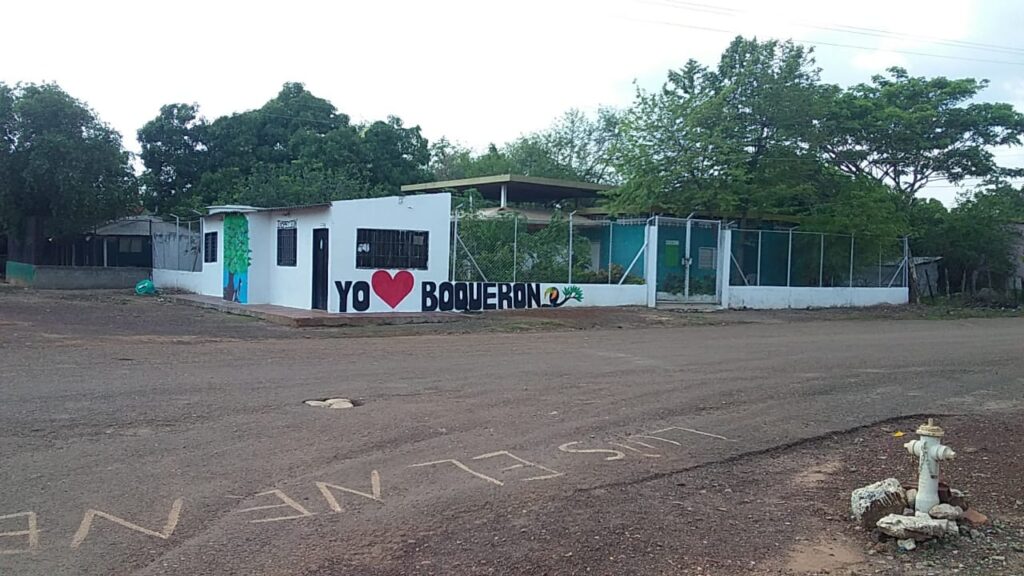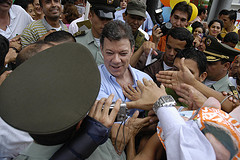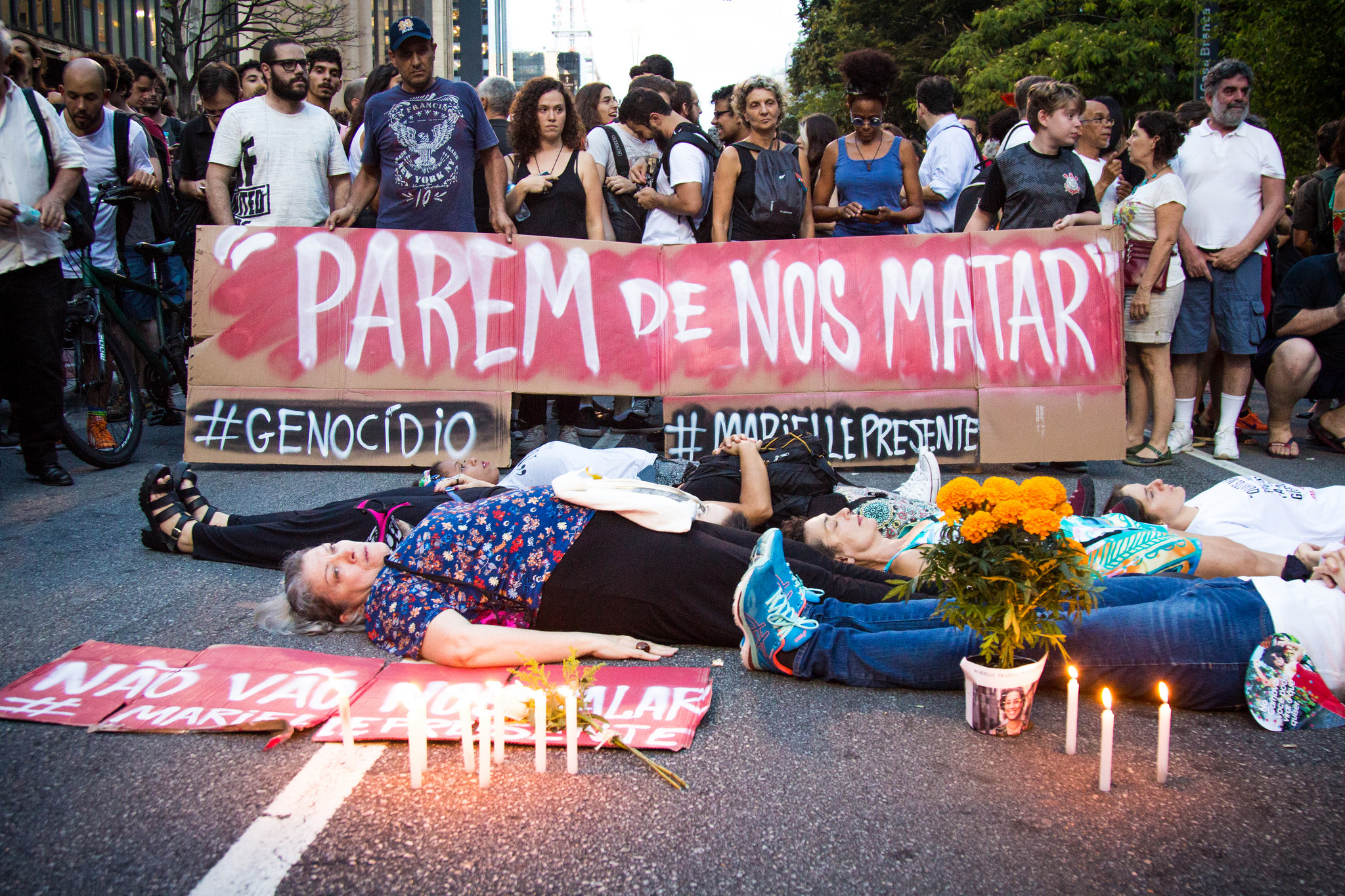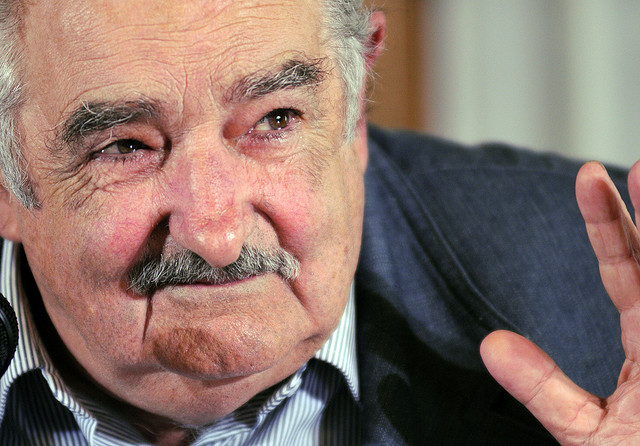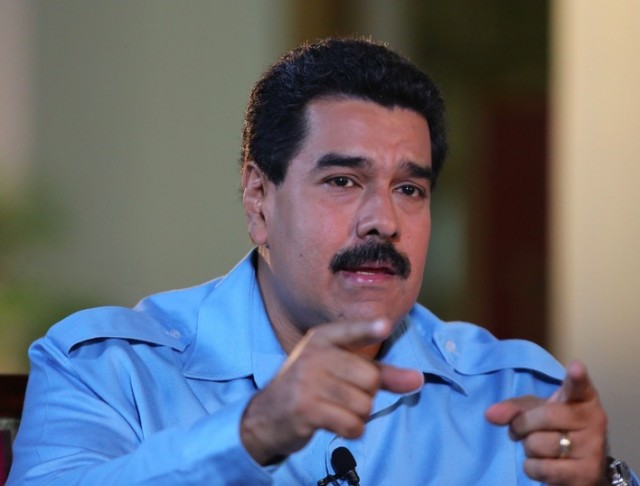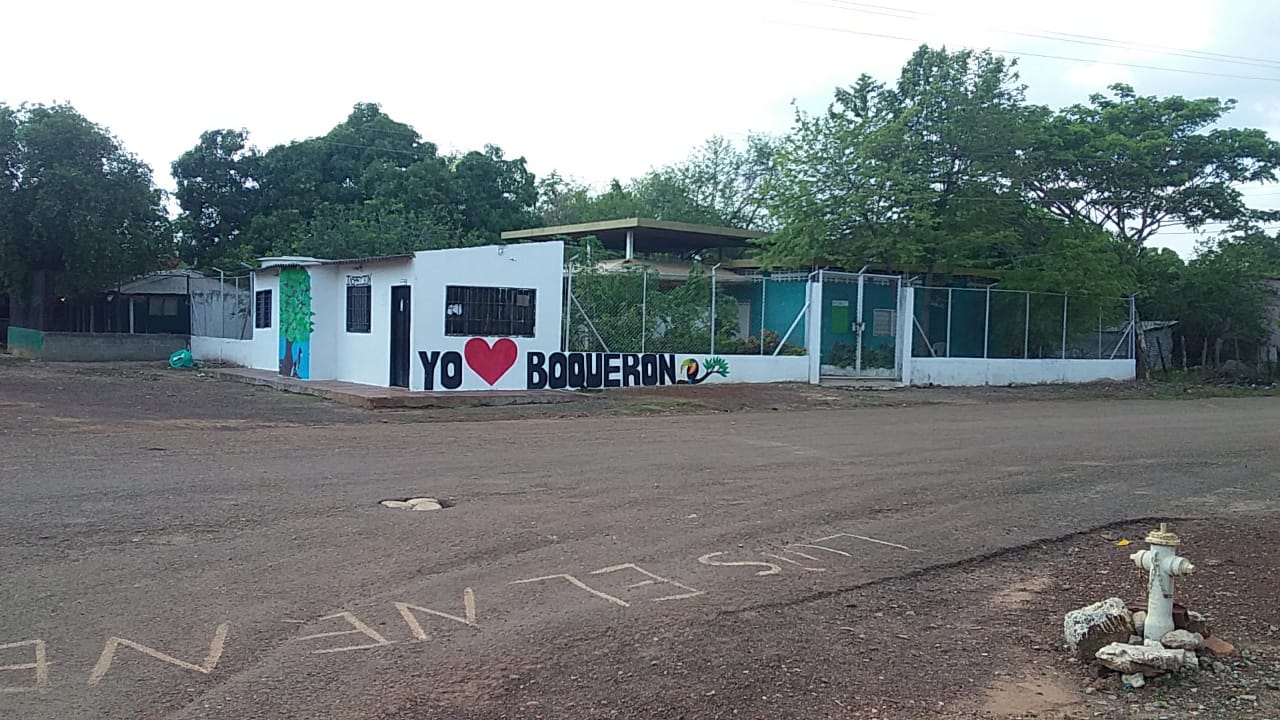Latin America: Week in Review, North America
Mexican Soldier Arrested for Checkpoint Shooting of Guatemalan Citizen
April 5, 2021 By Staff
NEW IN LAND
Coal mines have caused environmental devastation for communities in the Cesar department of Colombia. But now that the Swiss mining company Glencore announced that they will withdraw from the department, where they operate two mines, residents fear that the company will skip out on its legal obligations to the affected communities. Read Thomas Power’s dispatch in LAND.
THIS WEEK IN LATIN AMERICA
GUATEMALA/MEXICO: After being held captive in Guatemala for over 12 hours, a Mexican soldier is in the custody of the Mexican state after shooting dead a Guatemalan national at a checkpoint near the border in the state of Chiapas.
According to his family, the victim, identified as Elvin Mazariegos, had driven to Mexico in a pickup truck to make purchases and was returning to his country when he was stopped at a checkpoint and asked for identification, which he could not produce. Mexican military authorities say that Mazariegos then attempted to flee the checkpoint by driving in reverse, when the soldier shot him twice through the windshield, in what was characterized as an “erroneous reaction.”
After the incident, a crowd of angry Mexican and Guatemalan nationals attacked the soldiers manning the checkpoint and were able to take several of them hostage, as well as vehicles and weapons. The soldiers were taken across the border to Mazariego’s native town of La Esperanza, where they were held for several hours until Guatemalan police negotiated their release, under the condition that Mazariego’s body be returned and that the shooter be prosecuted in Mexico.
SOUTHERN CONE
BRAZIL: In an attempt to diffuse tension with the military, President Jair Bolsonaro appointed the former top army health officer Paulo Sérgio Nogueira as the new defense minister on Thursday. Earlier in the week, Bolsonaro had fired retired army General Fernando Azevedo e Silva from the position, a move that angered many in the military. In response, the top three generals of the army, navy, and air force planned to resign, but were fired on Wednesday before they had submitted their resignations. This is the first time since Brazil’s military dictatorship ended that the heads of all three branches of the military have been fired, and coincided with a celebration by military supporters in Bolsonaro’s government of the anniversary of the 1964 military coup. Bolsonaro, a former army captain himself, has always had close ties to the military, and appointed active and retired army members to various cabinet positions, but tension has grown between him and the military in recent weeks. The reshuffling of top defense posts is the latest in a series of cabinet changes made during the pandemic.
CHILE: Chile closed its borders and increased lockdown restrictions in response to a growing number of COVID-19 cases this week. Despite having vaccinated more than one third of the country, a recent increase in cases has overwhelmed the country’s healthcare system, with intensive care units at 95% capacity. Experts say the recent wave is a result of new virus variants and a false sense of security generated by Chile’s vaccination success. The country has adopted intense quarantine measures, with 80% of the country under lockdown with restrictions on how often they can leave the house to purchase groceries or other essentials. President Sebastián Piñera also encouraged legislators to postpone the vote to select who will draft the country’s new constitution because of the pandemic. In a public referendum last year, Chileans voted in favor of rewriting the Chilean constitution, which was inherited from the former military dictator Augusto Pinochet, who ruled Chile from 1970 to 1990. The vote is currently scheduled to take place April 10.
ANDES
COLOMBIA/VENEZUELA: For the last few weeks, conflict has raged between the Venezuelan government and Colombian armed groups, forcing 5,000 Venezuelans to flee their homes. The area near the border of the two countries has become a warzone, with military helicopters and armored vehicles patrolling the area, and frequent explosions that have terrorized residents. Some displaced Venezuelans have denounced the Venezuelan army for stealing from houses. Others have claimed that family members were taken from their homes and later found dead, dressed in the uniforms of armed groups, although this has not yet been verified by independent groups. The thousands who have fled have converged on the town of Arauquita in Colombia. The groups involved are believed to be dissident members of the Revolutionary Armed Forces of Colombia (FARC) who did not lay down their weapons as part of the 2016 peace treaty between the FARC and the Colombian government. Colombia has long accused Venezuela of sheltering criminal groups, but Venezuela has called the presence of the groups a foreign offensive by Colombia.
PERU: Polls reported a near-tie between five candidates going into the first round of Peru’s upcoming presidential election. There are 18 total candidates in the running for the first round of elections, which will take place on April 11. The top five include three right-wing candidates, one leftist former Congress member and one populist, each of whom received about 10% of the votes in the polls, with 28% of those surveyed still undecided. The polls predict a high voter turnout in the first round despite the pandemic risk factors. In Peru, voting is compulsory and punishable by fine without an accepted excuse. Health experts have proposed postponing the election because of the pandemic, but President Francisco Sagasti has denied that as a possibility.
CARIBBEAN
HAITI: A pastor, a pianist and at least two others were kidnapped during a religious service Thursday in the commune of Carrefour near Port-au-Prince. Pastor Audalus Estimé of Kréyol Gospel Ministry, a Seventh-day Adventist church, was giving a service, which was being livestreamed on social media, when three armed men entered the building. The kidnappers forced Estimé, as well as the well-known pianist Welmyr Jean-Pierre and two others into two vehicles before fleeing. U.S. Representative Andy Levin, a Democrat from Michigan, condemned the kidnapping and the impunity that exists under the rule of President Jovenel Moïse on Twitter, writing, “There are no words for the level of impunity and complete lack of accountability in Haiti under Moïse. I will not be quiet.”
PUERTO RICO: As tourism to the commonwealth is recovering after the pandemic, police are stepping up enforcement of anti-COVID-19 measures. An executive order by Governor Pedro Pierluisi requires that masks be worn in public, and violators can face a $100 fine. The executive order also includes a curfew from midnight to 5 a.m. The commonwealth government has mobilized 1,100 National Guard soldiers to help enforce the measures. Puerto Rico is also requiring that arriving visitors show a negative COVID-19 test from the last 72 hours, or otherwise quarantine for 14 days upon arrival.
CENTRAL AMERICA
HONDURAS/UNITED STATES: The brother of Honduras President Juan Orlando Hernández was sentenced to life in prison for drug trafficking in the United States last week. Tony Hernández was convicted in 2019 of being involved in trafficking at least 185 metric tons of cocaine into the United States, and of corrupting the Honduran government to protect his trafficking operation. U.S. investigations have also implicated President Hernández in corruption and organized crime. Last month, U.S. federal prosecutors at the trial of Geovanny Fuentes Ramírez, another Honduran convicted of drug trafficking in the United States, said that Fuentes Ramírez “owned” the president, who in exchange for bribes agreed to use state institutions like the armed forces to facilitate drug trafficking and protect traffickers from extradition.
NORTH AMERICA
MEXICO: Seven Mexican soldiers who had previously been accused of a 2014 massacre of 22 suspected criminals have been re-arrested. The soldiers were arrested in 2015 for the killings, but freed shortly thereafter when a judge ruled there was not enough evidence against them.
The charges stem from a 2014 confrontation between an army convoy and a group of armed civilians in the town of Tlatlaya in Mexico State. The army initially claimed that 22 suspected cartel gunmen were killed in the shootout, but investigators later found that at least eight of the victims had been killed after surrendering, and that the crime scene was manipulated.
MEXICO: A recent report by Mexican health authorities would make Mexico the country with the second-most deaths from COVID-19. While there have been only a little over 200,000 lab-confirmed COVID-19 deaths in the country, testing rates are low, and many people died without getting tested.
The report, which took into account excess mortality, estimates that the real number of people who have died from the disease is about 60% higher, at 321,000.
This new figure means that more people have died in Mexico than in Brazil, which holds second-place after the United States for the most lab-confirmed COVID-19 deaths. But Mexico’s population of 126 million is significantly smaller than Brazil. The new number gives Mexico one of the highest per-capita COVID-19 death rates in the world.
The new report also showed that during Mexico’s second wave at the beginning of 2021 killed 75,000 people in just six weeks.
